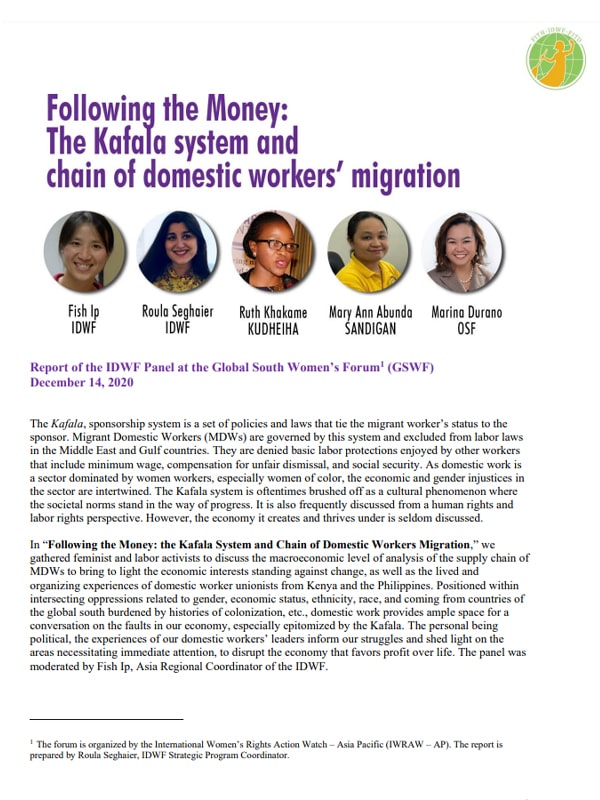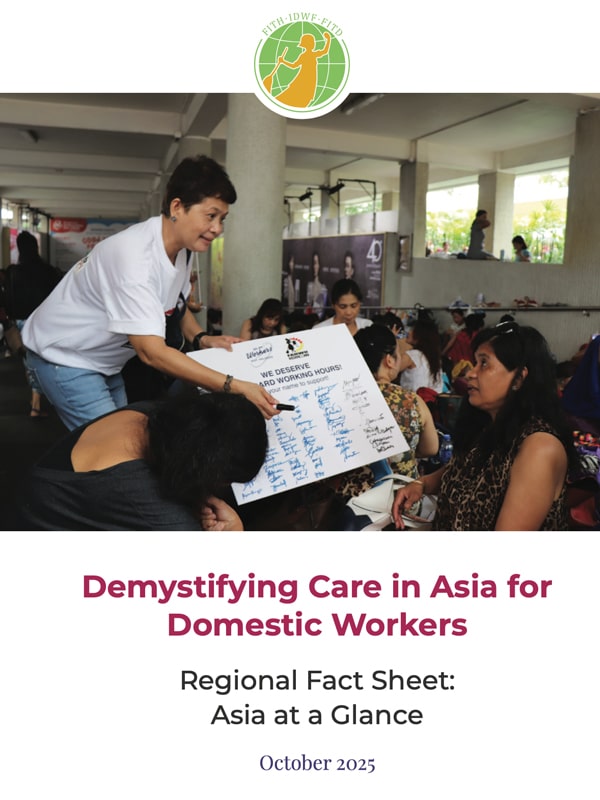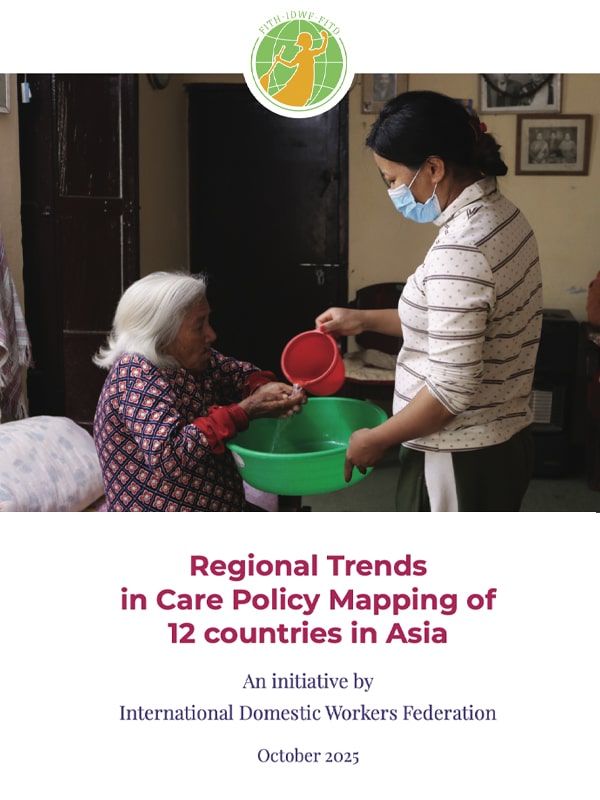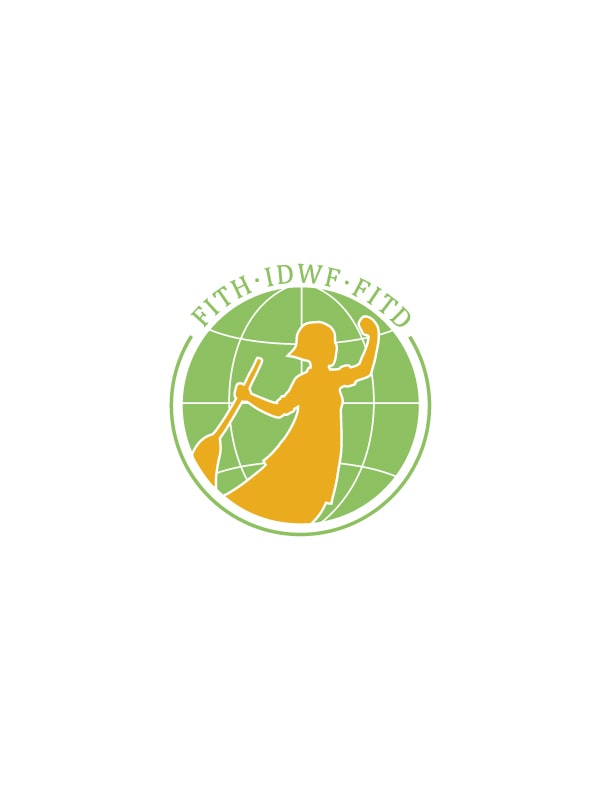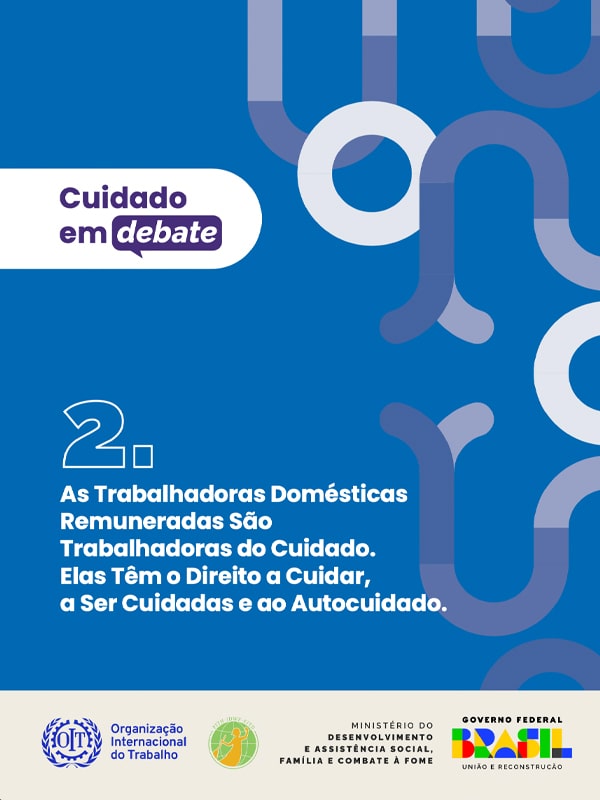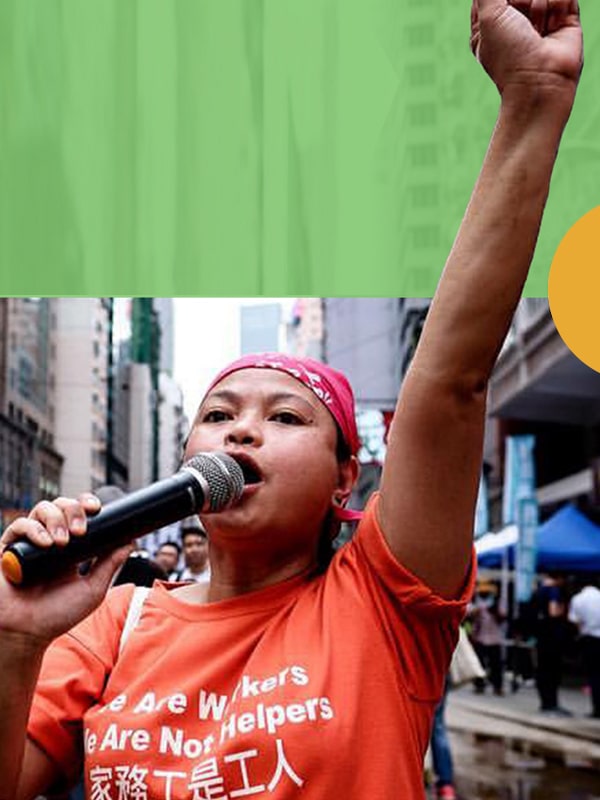The Kafala, sponsorship system is a set of policies and laws that tie the migrant worker’s status to the sponsor. Migrant Domestic Workers (MDWs) are governed by this system and excluded from labor laws in the Middle East and Gulf countries. They are denied basic labor protections enjoyed by other workers that include minimum wage, compensation for unfair dismissal, and social security. As domestic work is a sector dominated by women workers, especially women of color, the economic and gender injustices in the sector are intertwined. The Kafala system is oftentimes brushed off as a cultural phenomenon where the societal norms stand in the way of progress. It is also frequently discussed from a human rights and labor rights perspective. However, the economy it creates and thrives under is seldom discussed.
In “Following the Money: the Kafala System and Chain of Domestic Workers Migration,” we gathered feminist and labor activists to discuss the macroeconomic level of analysis of the supply chain of MDWs to bring to light the economic interests standing against change, as well as the lived and organizing experiences of domestic worker unionists from Kenya and the Philippines. Positioned within intersecting oppressions related to gender, economic status, ethnicity, race, and coming from countries of the global south burdened by histories of colonization, etc., domestic work provides ample space for a conversation on the faults in our economy, especially epitomized by the Kafala. The personal being political, the experiences of our domestic workers’ leaders inform our struggles and shed light on the areas necessitating immediate attention, to disrupt the economy that favors profit over life. The panel was moderated by Fish Ip, Asia Regional Coordinator of the IDWF.
Download here

